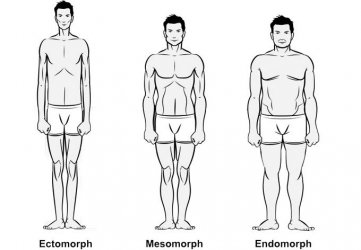I keep coming back to this question. I'm 6 foot and weigh in at a scale-tipping 140lbs (I run) :mst:, and have been training in hapkido the past several years. I know hapkido is designed to not be dependent on strength, but being so light gives me a lot smaller margin of error with my locks/throws/ect. Also, it makes several throws/locks not viable in a real life scenario.
Then we come to the striking issue: if I am unable to throw or lock my opponent for whatever reason, my strikes have significantly less force than that of a larger person. While it comes down to vital targets, I would take a wrecking ball over a hammer. Oh, and I don't have muscle/fat to help protect me.
The only two things I have going for me are endurance and determination. That and the element of surprise, 2 fold (the side of me most don't know exist, and hapkido). Which, surprise is crucial for hapkido, as most don't expect someone to be able to do some of the things we do.
But, back to the main question: is it realistic for someone like me to be able to protect himself/fight his way out of any surprise situations? Especially against a larger opponent? (multiple opponents are subject to debate for heavier people, so I'll leave this one out for now)
(By fight I mean being cornered, and having no choice but to take the guy(s) down)
Then we come to the striking issue: if I am unable to throw or lock my opponent for whatever reason, my strikes have significantly less force than that of a larger person. While it comes down to vital targets, I would take a wrecking ball over a hammer. Oh, and I don't have muscle/fat to help protect me.
The only two things I have going for me are endurance and determination. That and the element of surprise, 2 fold (the side of me most don't know exist, and hapkido). Which, surprise is crucial for hapkido, as most don't expect someone to be able to do some of the things we do.
But, back to the main question: is it realistic for someone like me to be able to protect himself/fight his way out of any surprise situations? Especially against a larger opponent? (multiple opponents are subject to debate for heavier people, so I'll leave this one out for now)
(By fight I mean being cornered, and having no choice but to take the guy(s) down)


